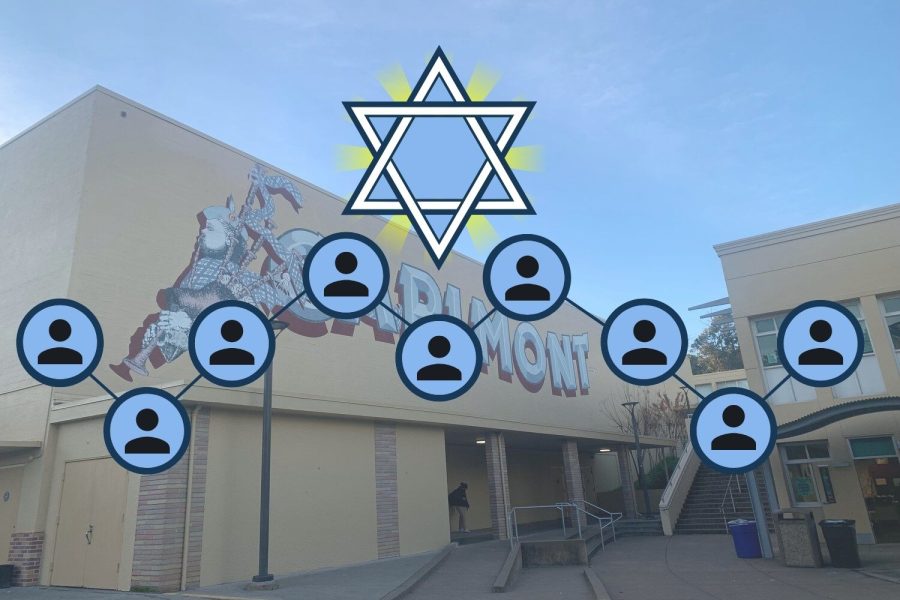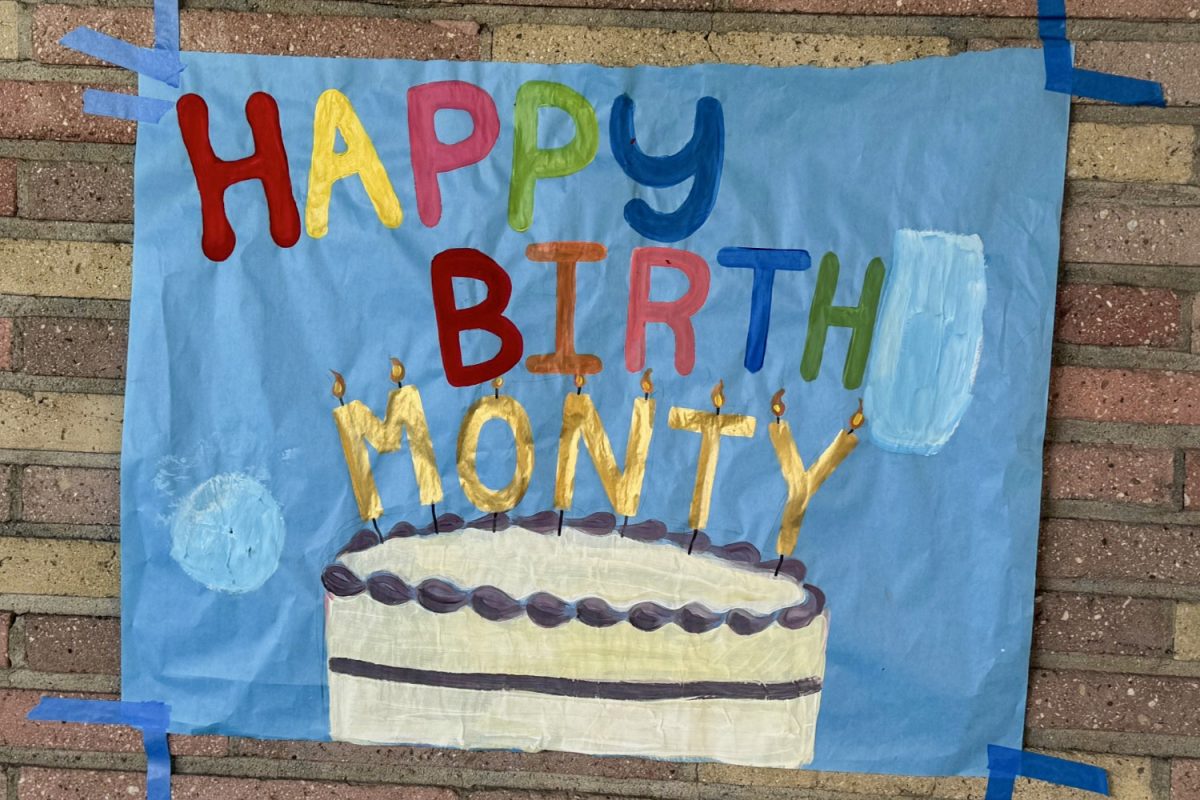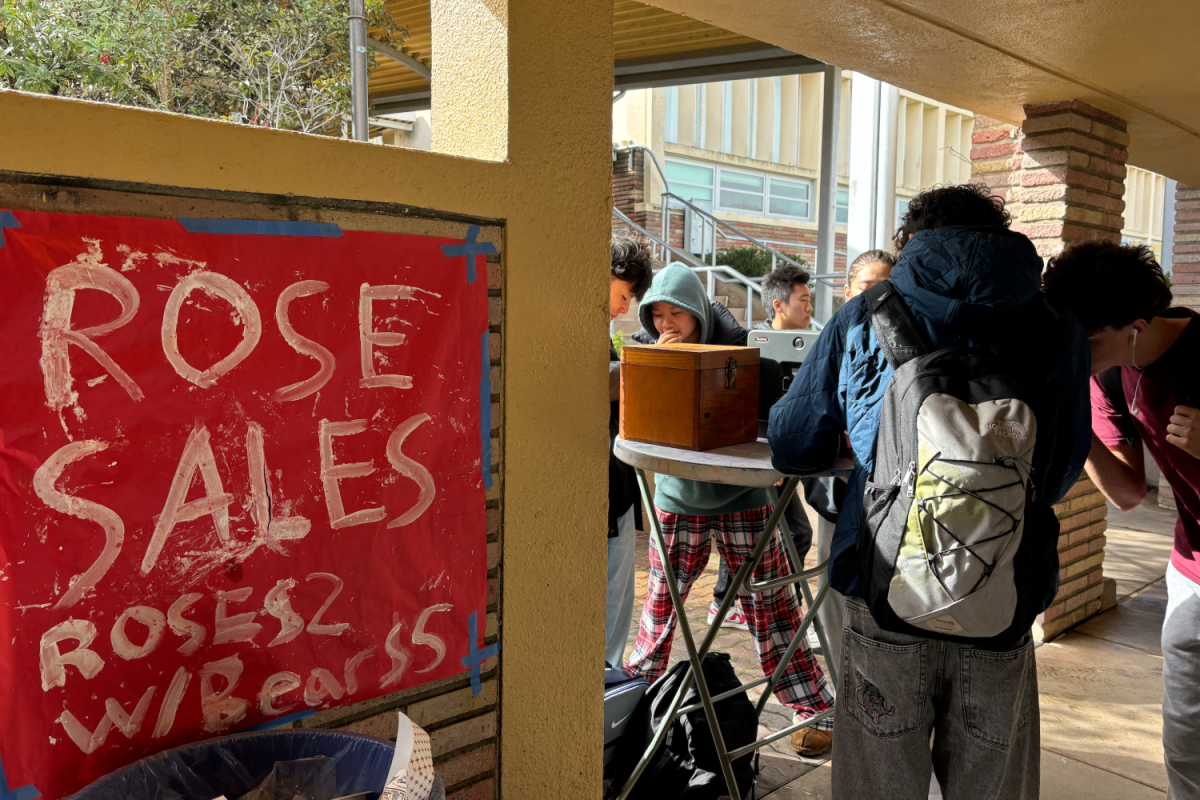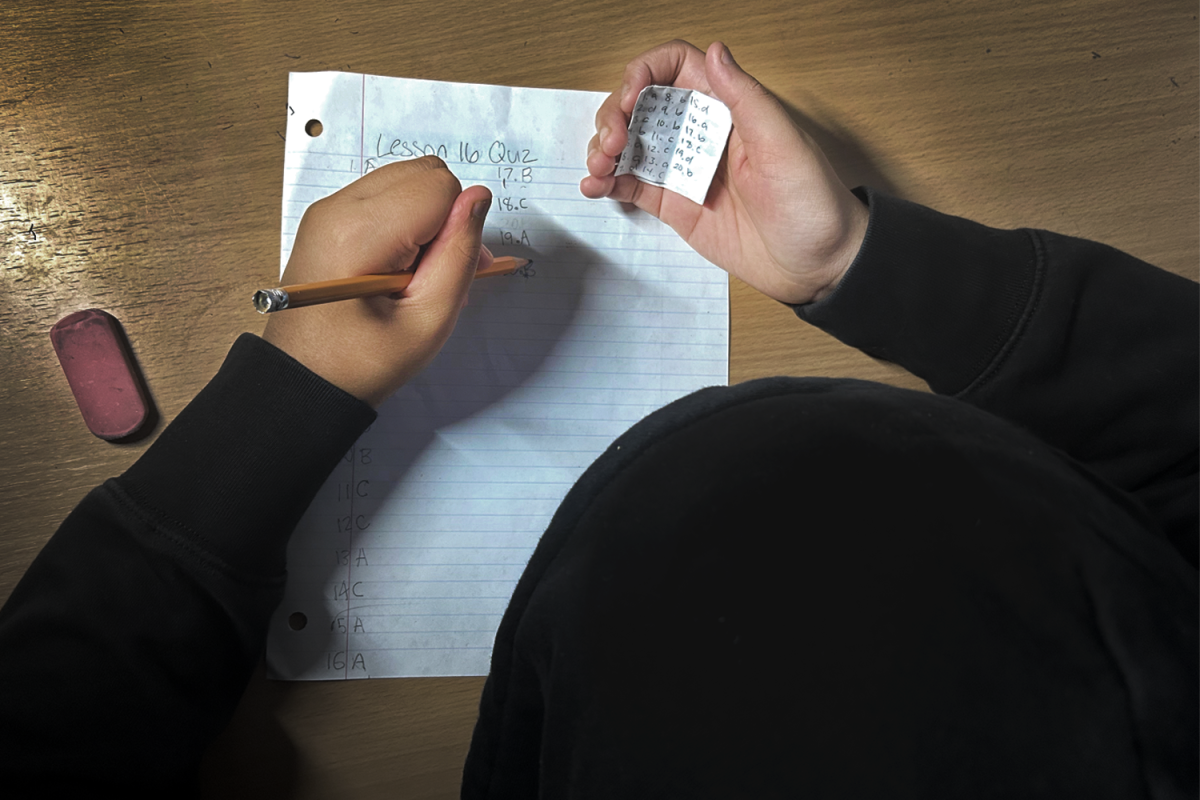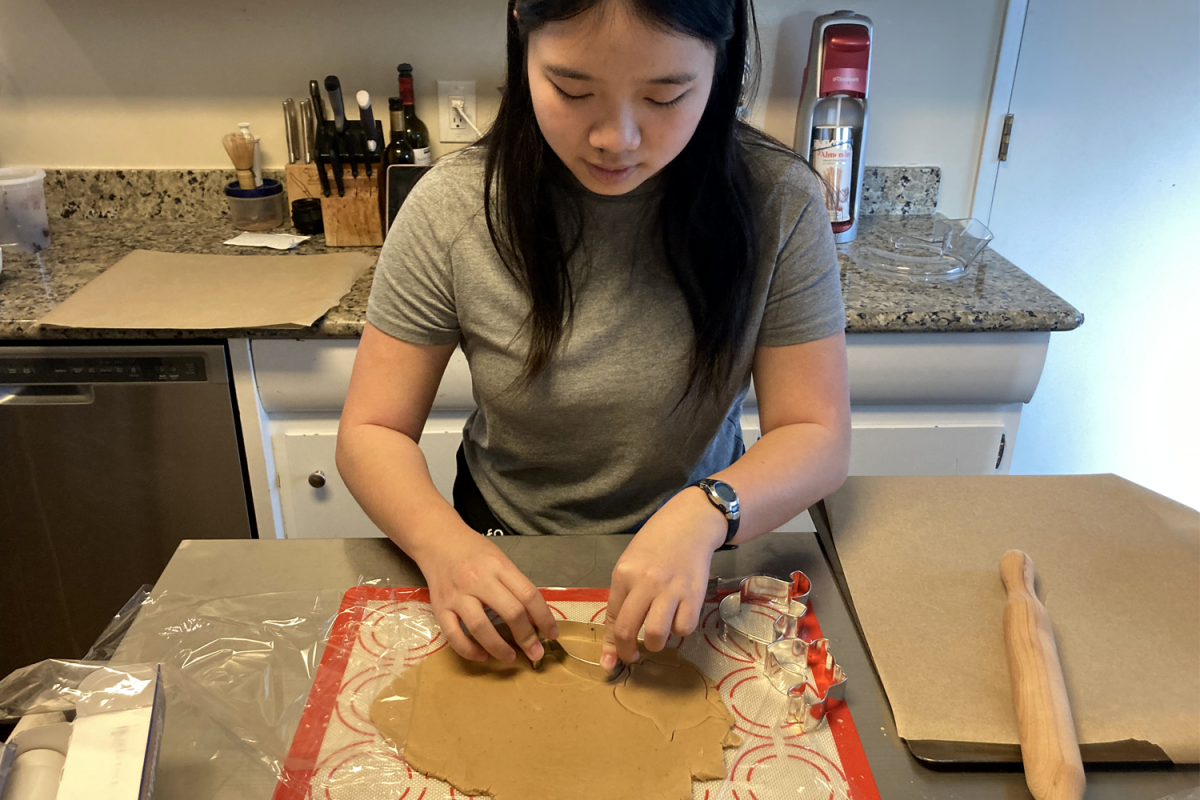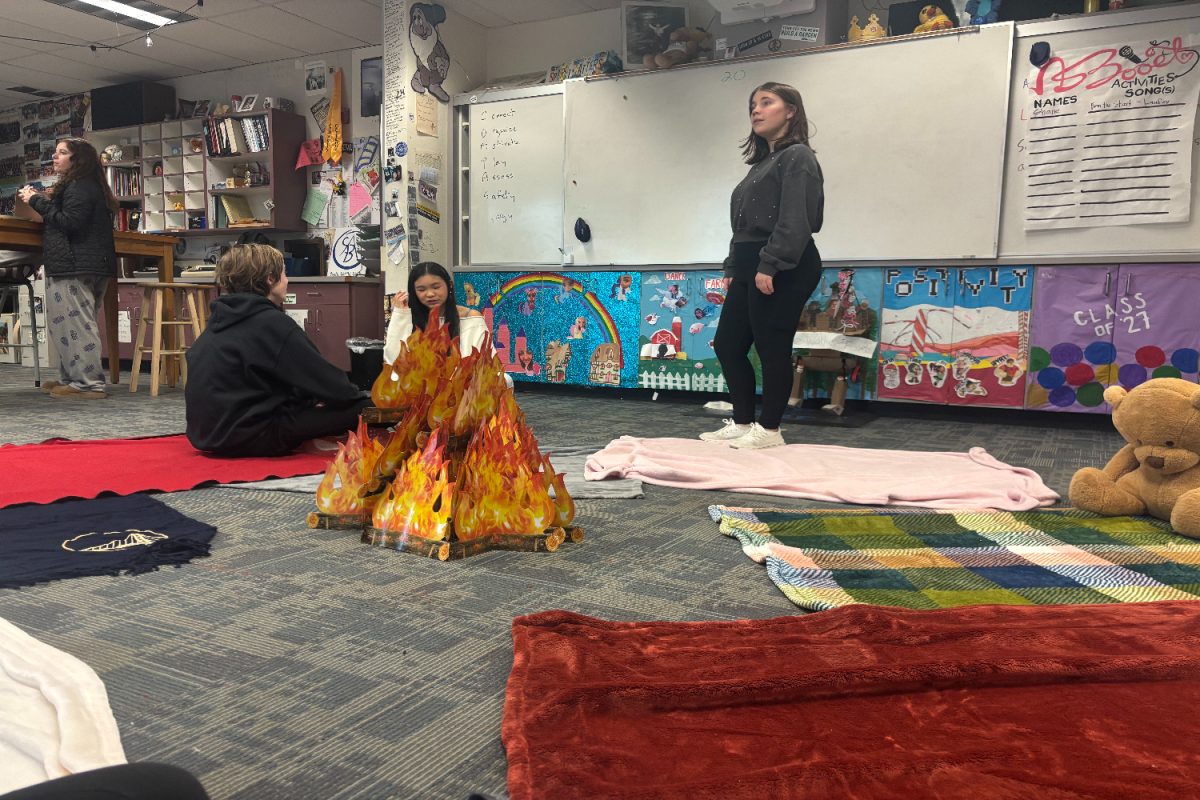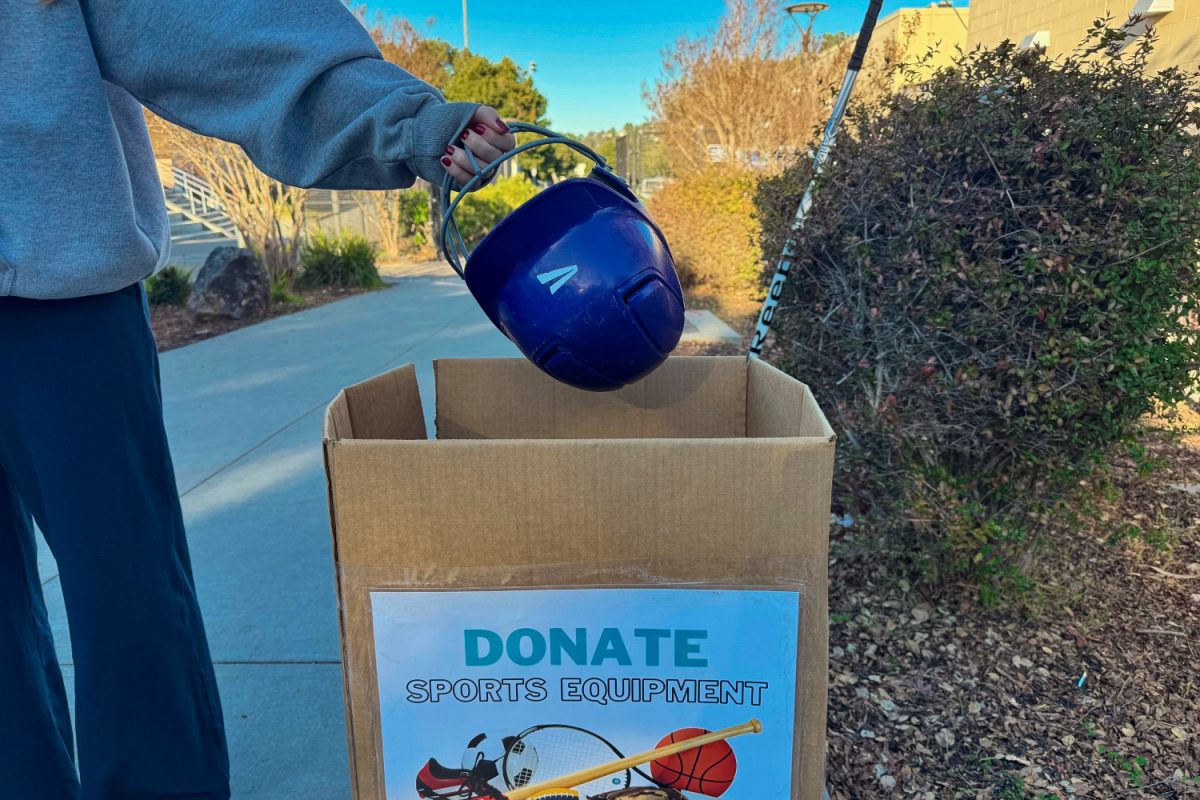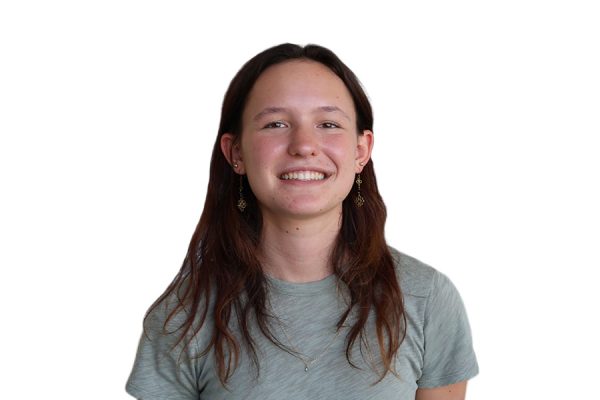The Jewish community at Carlmont is united through shared heritage and beliefs. But, the Jewish Club takes their unity one step further by creating a safe space for open discussions about religion, culture, and antisemitism.
The Jewish Club is open to every student, regardless of how or why they practice Judaism or if they even practice it at all.
“Throughout the year, we highlight different aspects of Judaism, religion, culture, and nationality, and everyone, no matter how they define their Judaism, is able to feel included,” said Kasey Parks, one of the co-presidents of the Jewish Club.
Discussions regarding modern Judaism also occur, where students can mesh traditional Jewish institutions and practices with progressive thinking.
“Our meetings often deal with the idea of how we reckon with religious texts and traditions that are unaligned with modern values, which is a topic that we are really lucky to get to discuss in a supportive and safe environment,” said Javin Zipkin, a co-president of the Jewish club. “Religious people, in general, don’t always get that luxury.”
Students can also stop by the club to talk over acts of antisemitism. On Jan. 15, four people were taken hostage at the Congregation Beth Israel during a Shabbat service by an armed Malik Faisal Akram. He released one hostage after six hours, and the other three escaped many hours later. The FBI killed Akram after the escape, and they identified the crisis as a hate crime and an act of terrorism.
“Just this past Jewish Club meeting, we unpacked the horrible events at the Colleyville Synagogue and dove into a deeper discussion on ways to combat antisemitism and the all too common microaggressions we hear daily,” Parks said.
However, this is just one example of a topic that the Jewish club presidents include in their club curriculum. Other acts of antisemitism and microaggressions that the Jewish community endures are also discussed, along with efforts to be made that can enact change.
“One issue that we are concerned with is the mixing of antisemitism with antizionism in recent years. It’s concerning how statements about the mistakes of the Israeli government are transformed into hatred of the Jewish people,” Zipkin said. “One way we have combatted this is by contacting political representatives to discourage the International Criminal Court’s flawed investigation into Israeli war crimes.”
Antisemitism takes a significant toll on the Jewish population and can even discourage one from practicing their religion.
“All you think about is if the person who said or did the things that were antisemitic were agreed upon by all people,” said Edward Kogan, a Jewish freshman. “These thoughts make you feel unwelcome like you’re just alone with nobody to talk to. This leads to students hiding their Jewish roots, and it all just spirals out of control from there.”
The Jewish population at Carlmont hopes to inspire other students to learn more about Judaism to prevent antisemitism and misunderstandings about Jewish culture.
“I think it’s really about not shutting it down or turning your back on the culture and heritage before you know what it’s about. Just like with any culture, give it a chance. That’s really all you can ask for,” Kogan said.
People outside the Jewish community can still take action to keep Jews protected from antisemitic beliefs and microaggressions.
“All people, whether they are Jewish or not, have a responsibility to spread awareness because no ethnic or religious group should be forced to defend their beliefs or their heritage, especially on the level that Jewish people have for the past thousands of years,” said Marcus Oettinger, a Jewish sophomore.
It is also important for non-Jewish students to comfort their Jewish peers when faced with adversity.
“Try to gain an understanding of how they feel about antisemitism, what has affected them, and how you can help. The answer is different for everyone, and it’s best to help out people in your close community rather than trying to tackle the global problem of antisemitism in general,” Zipkin said.
In addition to raising awareness about antisemitism, the Jewish Club also provides a safe space for Jews to learn more about themselves and their beliefs.
“The Jewish Club has allowed me to engage with my Jewish identity by providing a forum for me to both strengthen my Jewish beliefs and question them with a group of people who are intelligent, passionate, and empathetic,” Zipkin said.
Jewish students at Carlmont still feel that many things can be done to support their community better. Safe spaces like the Jewish Club where students can have dense conversations are among them.
“It is important to have these discussions, because without them how are things ever going to change,” Oettinger said.

